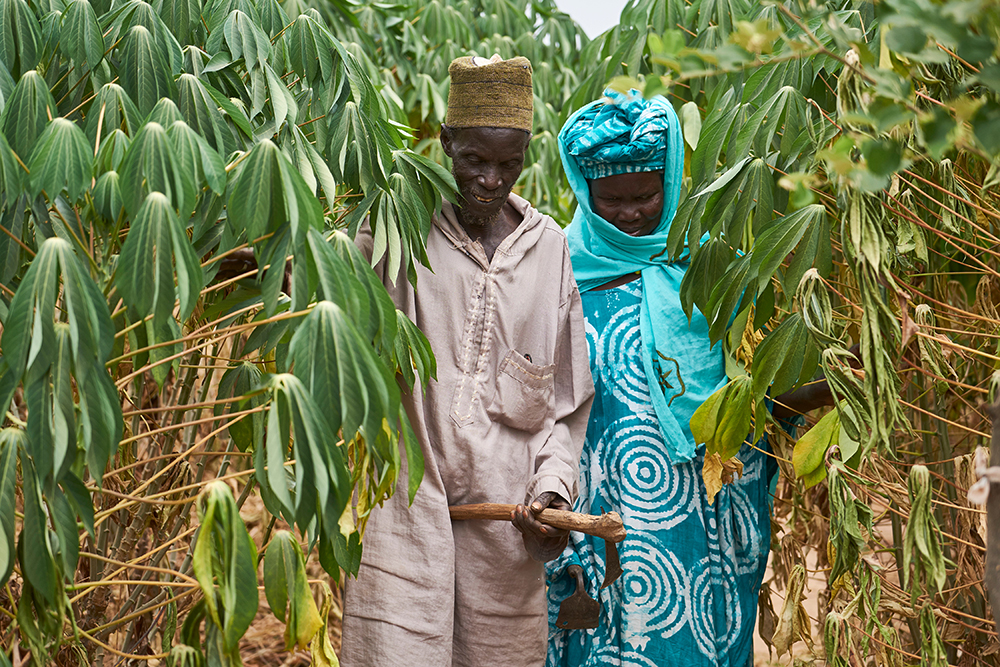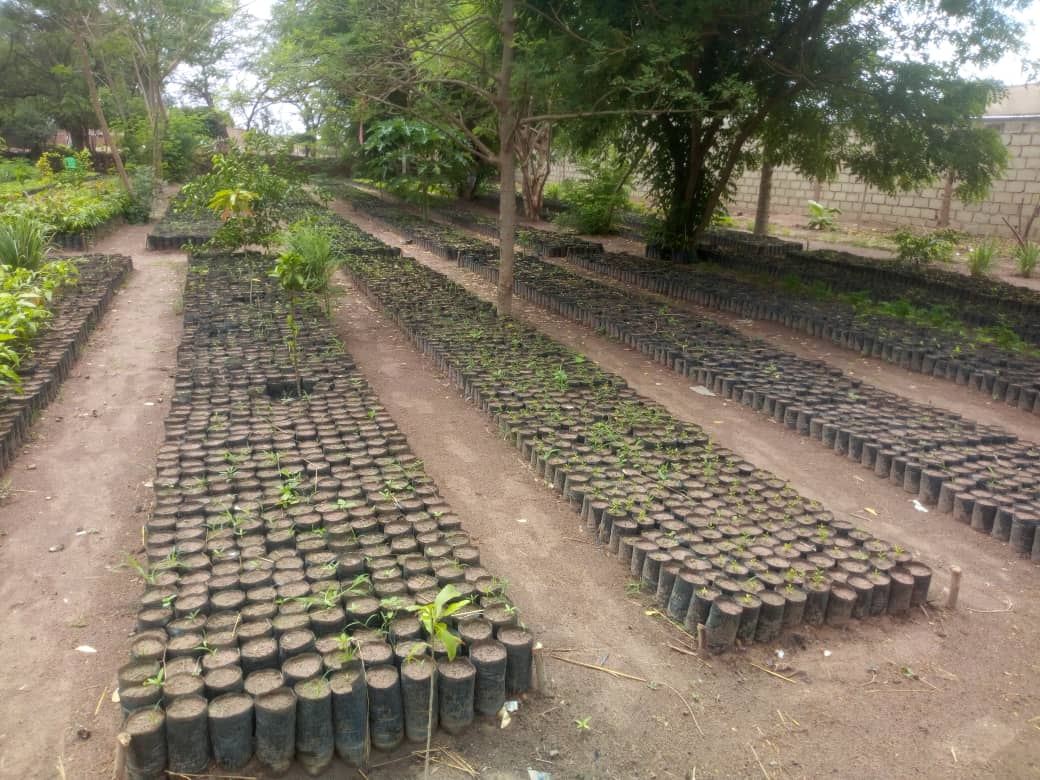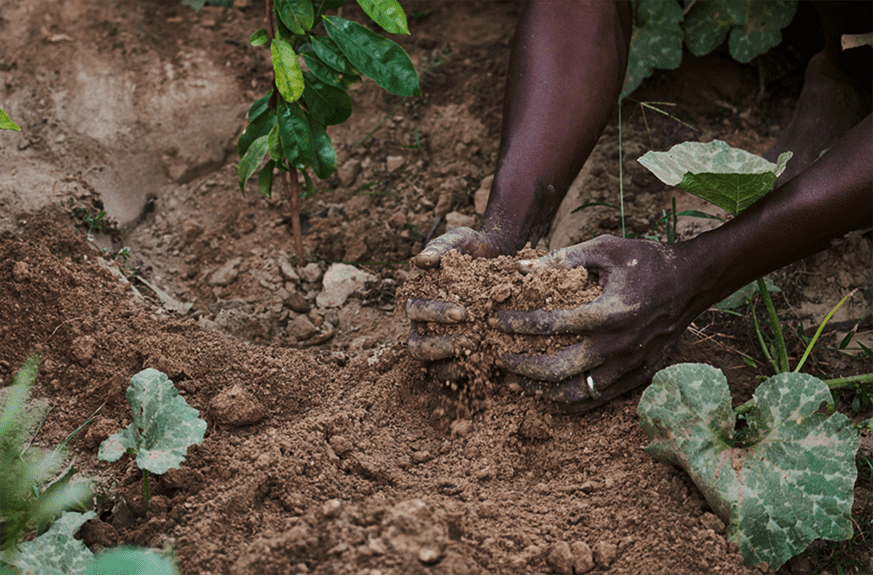“We all understand that climate change is upon us and we are running out of time to change our food systems and restore our ecosystems,” says TREES Director of Programs Brandy Lellou. “There are 23 million smallholder farmers across Sub-saharan Africa, but we can’t reach all of them alone.”

Fortunately, the community-based model of their approach has put TREES in an optimal position to create a network of trainers, effectively reaching more people. TREES has 180 training staff (called technicians) across Senegal, Kenya, Tanzania, and Uganda and each technician trains 150-200 farmers at a time. In each project, farmers are organized in groups of about 25. Each group has a farmer leader that exhibits leadership skills and a strong ability to quickly grasp agroforestry techniques. The lead farmers assist TREES technicians in the hands-on application and implementation of the techniques, guiding the farmer group through the training program. Over the years, TREES has seen some lead farmers and top graduate farmers beginning to pass this knowledge on to their neighbors.

With this realization, in 2020, the organization launched a pilot Plant it Forward program.
The pilot program employed 58 graduate lead farmers from Senegal and Uganda. Each Plant it Forward lead farmer worked with a small group (approximately 20) neighboring farmers. In all, they trained 1,160 farmers in the Forest Garden Approach and sustainable farming practices. TREES provided agroforestry tree seeds, biodegradable tree sacks, a hoe, and a watering can. Each of the new Forest Garden farmers was responsible for producing 1,500 – 2,000 trees on their land through various agroforestry methods.
The program was a resounding success, with more than 2 million trees planted in 2020. While TREES’ traditional Forest Garden program entails fulltime staff and four years of training, the pilot Plant it Forward program proved to be an effective way to reach more farmers, change more lives, and plant more trees.
“By employing the skills of lead farmers and the top graduate farmers, TREES can scale quickly and replicate the Forest Garden with help from those who already understand the intricacies of transforming the land, because they have already accomplished it themselves,” Lellou says.

Plant it Forward is not only an opportunity to reach more farmers, it creates even more opportunity for lead farmers, who were each paid a small stipend for the seven months of training they provided.
“Plant it Forward is like a dream for us! The salary we are paid is good,” says Yaya Ba, a lead farmer and recent Forest Garden Graduate from Kaffrine. “I am the leader of my zone with 12 people in my group and I see myself in it. We are committed to Trees for the Future for years to come.”
TREES plans to make Plant it Forward a more permanent fixture of the organization, while also continuing their traditional Forest Garden program model and building collaborative partnerships with other organizations. Much like their sustainable approach to farming, TREES’ Plant it Forward program is cyclical. As TREES’ staff reach more farmers through the Forest Garden Approach, more farmers will graduate and, in turn, more will be able to Plant it Forward. The number of farmers benefiting from TREES will grow exponentially, and all will be equipped with proven solutions to hunger, poverty, and climate change.
